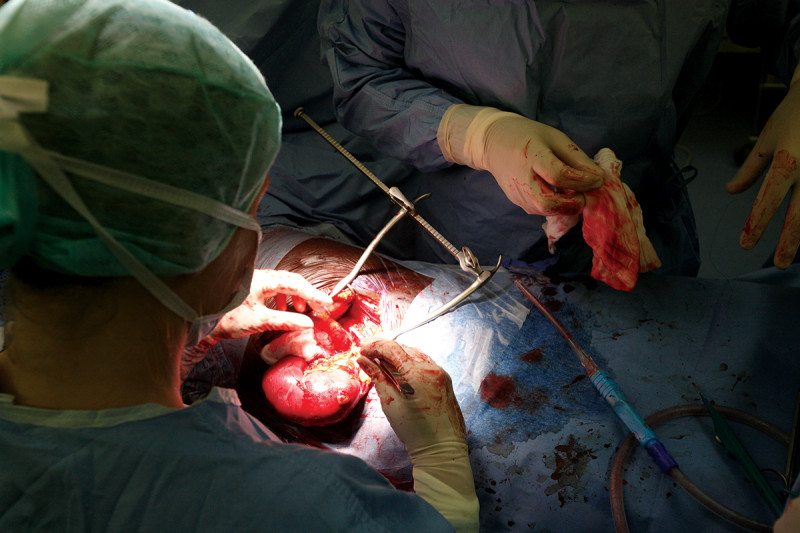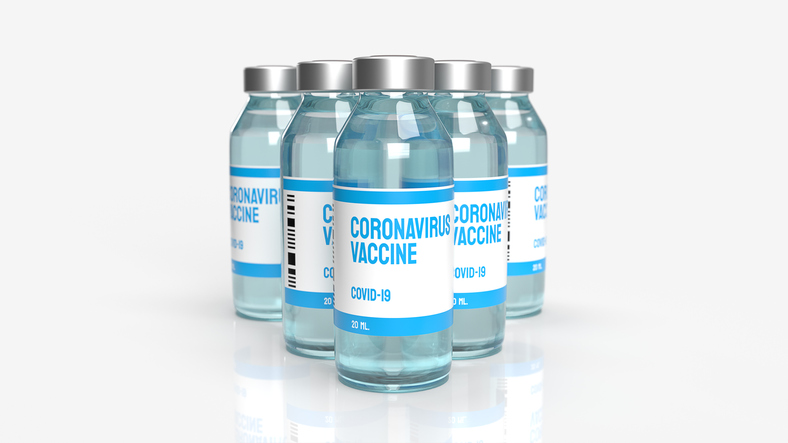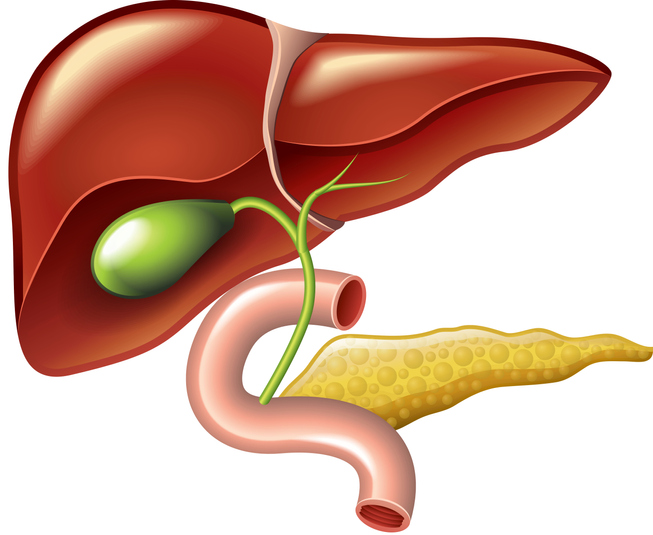Loading
“WACO, Texas (KWTX) – Coleen Heaton, the director and founder of the nonprofit No Limitations, which was formed to support those in the special needs community through sports and other activities, practiced what she preached about ‘loving with no limitations’ after reading a Facebook post from a friend whose husband needed a kidney transplant.
“I saw a post on Facebook that someone I knew loved someone who needed a kidney. Without much thought or consideration, I looked at my husband and said, ‘What would you say if I said I wanted to donate a kidney?’ And he, knowing me as well as he does and supporting me as strongly as he does, said ‘I guess you’re going to walk around with one kidney for the rest of your life.’”
Heaton had never met her friend’s husband, but after she saw the post on Dec. 16, she contacted the transplant center that night to start the process of filling out questionnaires and testing.
She wasn’t a match for her friend’s husband, but she was a match for another person in need of a kidney and she was told if she agreed to donate to that person, her friend’s husband would also get a kidney in what’s called a paired exchange.”
Read the full story, here.
Loading







